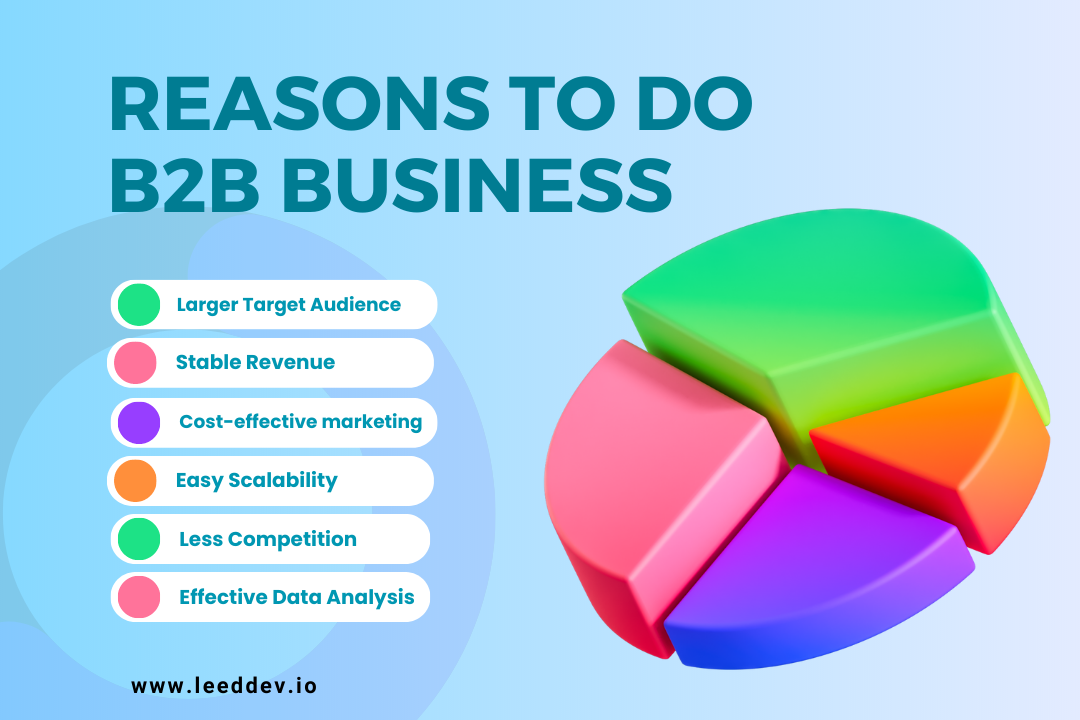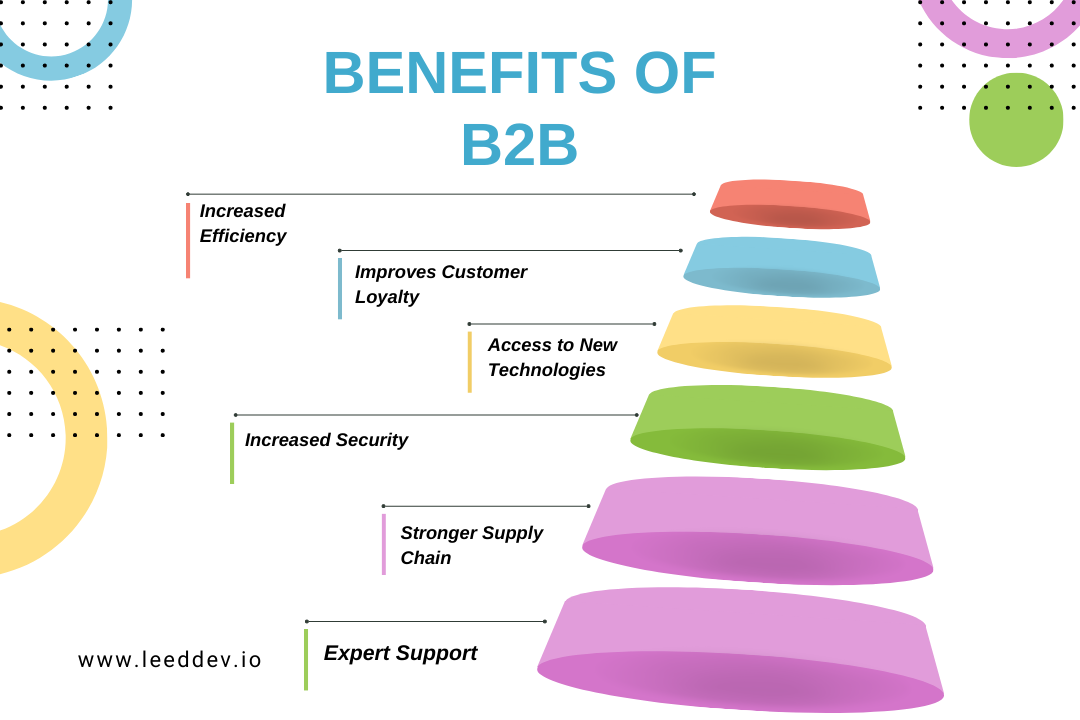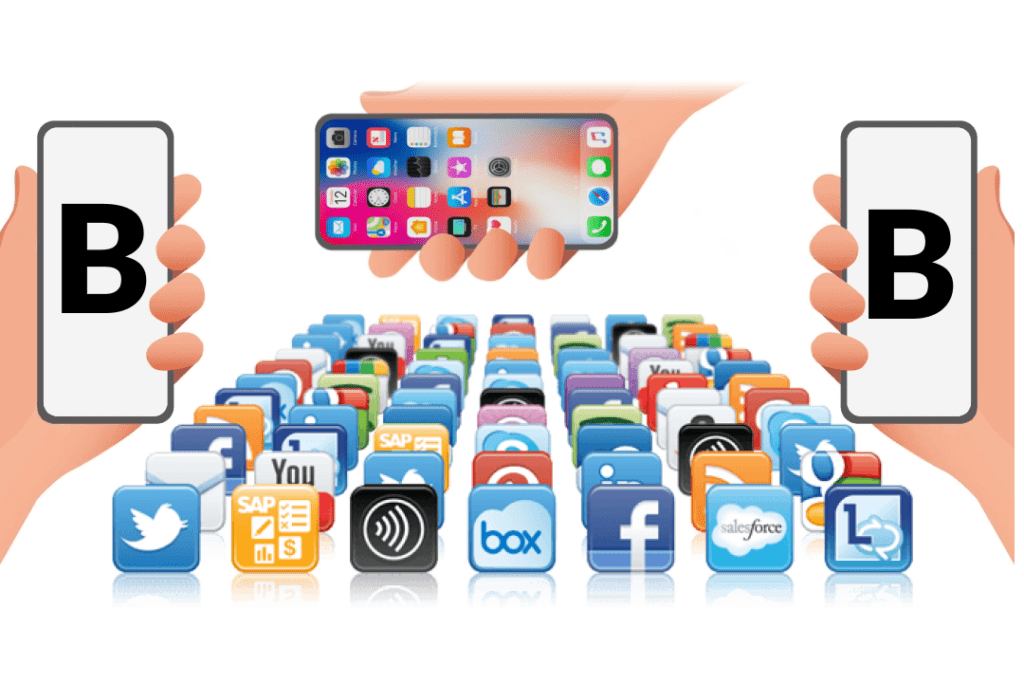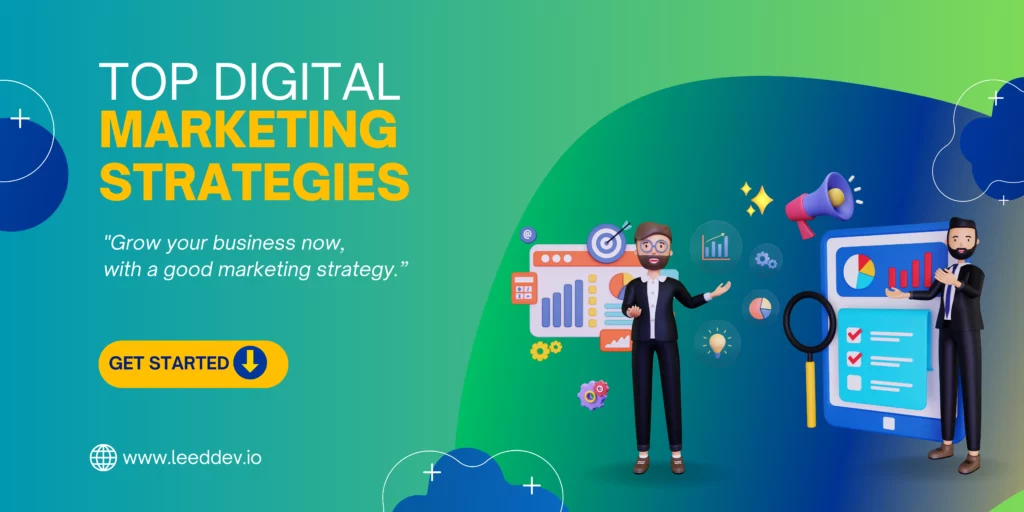It goes without saying that running a business isn’t child’s play. Running a successful business is challenging, but it can be incredibly rewarding with the right partner. Anyone who runs a business will say that no doubt, it’s hard work, but it is rewarding. Businesses can take many forms, from sole proprietorships to partnerships. The advancement of technology has revolutionized the way businesses operate. Apps have become integral to many businesses, providing many benefits and opportunities. Let’s discuss what a B2B is and the challenges associated with it.
Read also: How can Choose Mobile App Development Company
What is B2B?
The first thing you need to know is what a B2B app is. B2B stands for “business to business.” It refers to transactions between companies rather than between a company and individual consumers. B2B transactions are those where one business sells products or services to another business. In this type of business, the buyers and sellers are both businesses. The transactions typically involve large quantities of goods and longer sales cycles compared to B2C (business-to-consumer) transactions.
B2B E-commerce Apps
Some of the biggest names in the e-commerce industry are Amazon, Alibaba, Aliexpress, OLX, and Walmart. They offer a wide range of products and services to customers worldwide. Each company has its unique approach and focus, but they all share a common goal of providing consumers with an easy and convenient shopping experience.
Whether you are looking for the latest gadgets, groceries, or just about anything else, these companies offer an array of options at your fingertips. As technology continues to evolve and the e-commerce market expands, it will be interesting to see how these companies continue to shape the future of online shopping.
6 Reasons to do B2B Business

Some of the reasons to do B2B business operations are:
- Larger Target Audience
B2B companies have a wider market to sell their products or services. They target other businesses instead of individual consumers. It helps to build long-term relationships with your customers.
- Stable Revenue
B2B sales are typically more predictable and consistent compared to B2C sales. One of the reasons for stable income is that most b2b businesses have large-term contracts with their customers.
- Cost-effective marketing
B2B marketing is more cost-effective, as it typically targets a smaller and more specific audience. B2B companies target their marketing efforts to specific audiences rather than broad consumer groups. This allows them to focus their resources and reduce marketing costs. Eventually, it increases the impact of their efforts.
- Easy Scalability
B2B businesses can scale their operations more easily. It’s a user-friendly platform. Consumer preferences or market trends do not limit them. Most B2B business models, such as SaaS and cloud computing, are inherently scalable. They can be easily expanded as the business grows.
- Less Competition
B2B markets are often less crowded, allowing businesses to differentiate themselves from their competitors. B2B services are often more complex and specialized. This makes it difficult for new entrants to compete effectively.
- Effective Data Analysis
With the help of B2B apps, real-time data is easily accessible. Because of this, it is easy to make decisions and make improvements in the business. These apps provide insights into user behavior and usage trends. This helps in the optimization of the app, which increases conversions. Identifying similarities and differences between different types of users is crucial to align business goals.
6 Benefits of B2B Business

Some of the benefits of B2B business are:
- Increased Efficiency
B2B solutions often streamline the business. It’s easy, and it makes businesses more efficient and productive. B2B reduces the number of steps required to complete a task and improves overall efficiency.
- Improves Customer Loyalty
B2B companies provide tailored, high-quality service that exceeds customer expectations. A B2B business understands customers’ needs and provides solutions that meet them rather than just selling products.
- Access to New Technologies
B2B companies often provide access to the latest advancements and technologies. This helps businesses to stay competitive. B2B companies often offer subscription-based access to their technology platforms. This helps businesses of all sizes to use the latest technology. They also don’t have to make a large upfront investment.
- Increased Security
Security is a major issue for most companies. B2B solutions often provide increased security and protection. This is done to ensure that business data and information remains confidential.
- Stronger Supply Chain
B2B solutions can strengthen the supply chain. It reduces the risk rate of failure and ensures that businesses receive the products and services they need to succeed.
- Expert Support
B2B companies often provide expert support. These companies provide the necessary technologies and advancements. This provides the support, and the help businesses need to succeed.
Conclusion
To sum up, business requires a lot of sacrifice and time. But you do know that it will be worth it. B2B apps have become integral to many organizations, providing many benefits. B2B apps development technology also provides access to new and innovative technologies allowing businesses to stay competitive. With the power of technology, businesses can improve their operations, reduce costs, and increase overall efficiency. At the end of the day, it’s all about making your work easier and more efficient. And regarding business, b2b is a great way because of its powerful features. So why wait?
See more
- Expert E-commerce Development Services
- What are the 7 Steps to Developing Customer Service Strategy
- What Are White Label Apps? Pros & Cons
Frequently Aksed Quetions (FAQ’s)
Q No.1 Which is an example of B2B?
Answer: An example of a B2B is when a company sells office furniture to another company. The transaction occurs between two businesses rather than individual consumers.
Q No.2 What is B2B and B2C and C2C?
Answer: B2B: B2B stands for “business-to-business” and refers to transactions that occur between two businesses.
B2C: B2C stands for “business-to-consumer” and represents transactions between a business and individual consumers.
C2C: C2C stands for “consumer-to-consumer” and involves transactions between individual consumers.
Q No.3 What is meant by D2C?
Answer: D2C stands for “direct-to-consumer” and refers to a business model in which companies sell their services directly to consumers without the involvement of intermediaries.
Q No.4 What are the 4 types of B2B?
Answer: The four common types of B2B are:
- Product-based B2B
- Service-based B2B
- Platform-based B2B
- Supplier-based B2B
Q No.5 What is a B2C example?
Answer: Example of B2C is that a customer purchases a pair of sneakers directly from an online retailer’s website, enjoying the convenience of ordering from the comfort of their home.
Q No.6 What is D2C in FMCG?
Answer: FMCG stands for Fast-Moving Consumer Goods. It means FMCG companies selling their products directly to consumers, bypassing traditional distribution channels.
Q No.7 What is the D2D business model?
Answer: The D2D business model refers to “door-to-door” sales. In this model, sales representatives personally visit customers’ homes or workplaces to sell their products.
Q No.8 What are D2C brands?
Answer: Direct-to-Consumer brands are companies that sell their products or services directly to consumers without relying on intermediaries or traditional retail channels.
Q No.9 Is wholesale B2B or B2C?
Answer: Wholesale transactions involve the sale of goods or products from a wholesaler to a retailer or another business entity.




